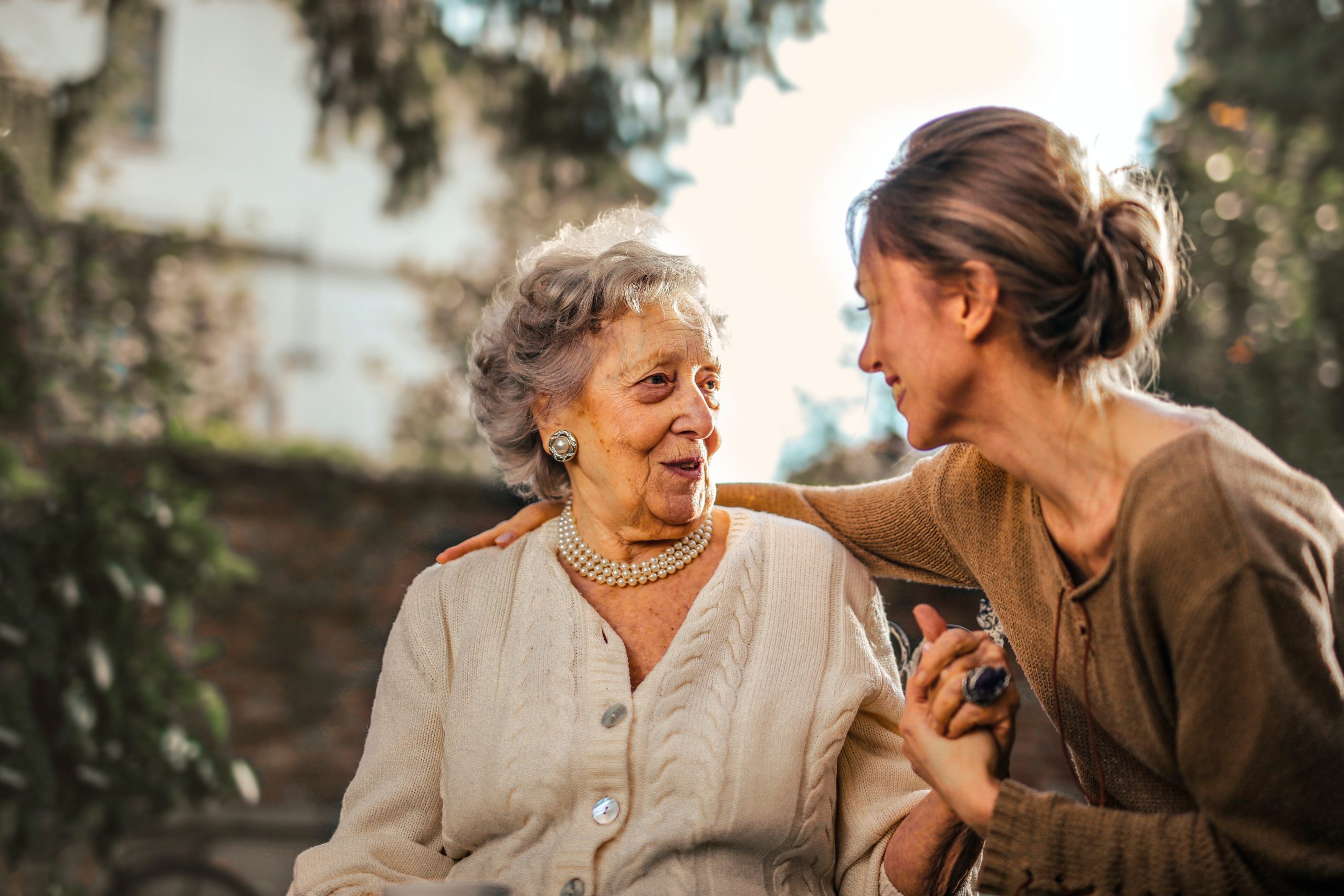Delayed Cancer Care Due To Covid-19 Could Cost Thousands Of Lives
During the height of the Covid-19 pandemic, the various lockdowns undoubtedly prevented many deaths due directly to the coronavirus. However, many physicians noted that patients were skipping appropriate medical care for other conditions (such as stroke or heart attack), leading to other avoidable deaths.
Furthermore, many state governments (including in my own state of Colorado) imposed bans on so-called “elective” medical procedures. Many physicians wondered what size toll this might take on patients delaying tests and procedures such as mammograms and colonoscopies.
We now have an estimate. According to Dr. Norman Sharpless, director of the US National Cancer Institute, their models indicate there will be approximately 10,000 excess cancer deaths over the next few years due to these delays. Some will be caused by a delay of diagnosing a cancer until it has progressed to a more advanced “stage.” Some will be due to delays in supposedly “elective” surgeries to treat already-detected cancers.
Furthermore, this estimate only includes excess deaths due to breast and colon cancers, not other cancer types. So the actual excess cancer death toll could be considerably higher. (To put this number in perspective, the total number of US deaths due to Covid-19 is estimated at roughly 120,000.)
As health reporter Elizabeth Cooney notes, the numbers of mammograms performed during the pandemic dropped by somewhere between 75-95%, depending on the source. This is bound to have an effect on breast cancer detection and treatment success rates.
This is just another example of Bastiat’s principle of “the seen vs. the unseen.” The lockdowns undoubtedly saved many lives. But they will also cause an increase in avoidable deaths in ways that will only become apparent afterwards.

So what can patients do? If you’ve been delaying some “elective” screening tests, go get them now. Most hospitals and medical centers have good safety protocols in place to minimize your risk of exposure to the virus. And given the possibility of a second “surge” of cases, if you skip care now and we are forced to endure more lockdowns, it might be several more months before you can try again.
Government officials can also help. If/when there is a second surge, they can try to limit the scope of any new legal restrictions. For example, instead of imposing a draconian and broad-based ban on all “elective” care, they can give hospitals and physicians more latitude to continue offering medically appropriate services as long as they have appropriate safety precautions in place. That way, individual patients and physicians can decide for themselves which risks they wish to assume and which they prefer to skip. Make the hand of government as light as possible when lives are at stake.
As Dr. Sharpless and many others have noted, “there’s no reason to believe the actual incidence of cancer has dropped.” More than ever, it’s vital to allow patients to assume as much individual responsibility for their health choices as they can.Check out my website. Paul Hsieh
Paul Hsieh I am a physician with long-standing interests in health policy, medical ethics and free-market economics. I am the co-founder of Freedom and Individual Rights in Medicine (FIRM). I graduated from University of Michigan Medical School and completed my residency in diagnostic radiology at the Washington University School of Medicine in St. Louis (where I was also a faculty member). I’m now in private practice in the Denver area. All my opinions are my own, and not necessarily shared by my employer
Source: Forbes
Support families fighting financial toxicity of cancer – here.
